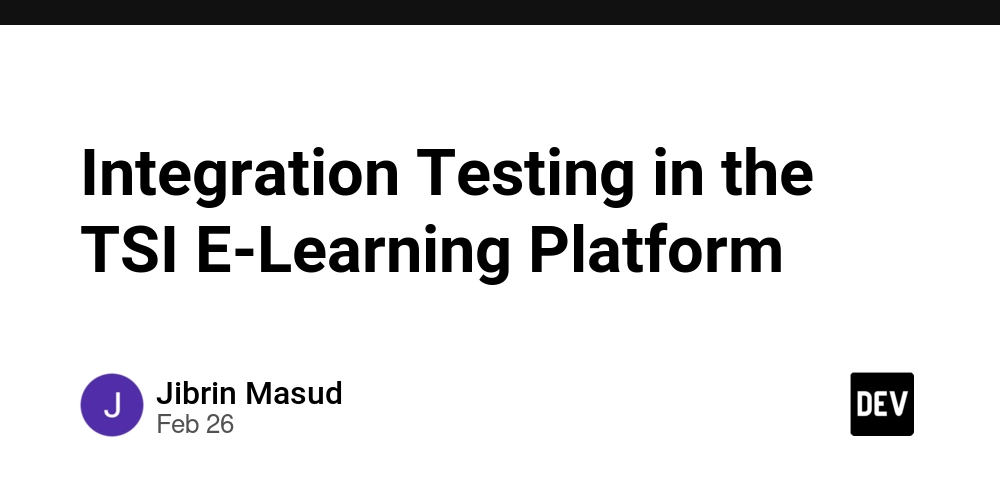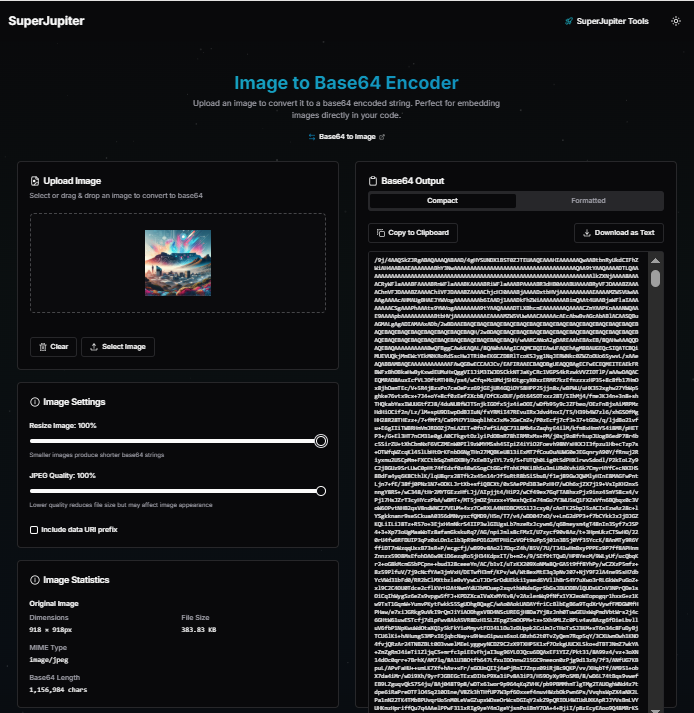8 Key Benefits of an HRIS System: Revolutionizing Human Resource Management
Imagine managing an entire workforce manually—piles of paperwork, countless spreadsheets, and endless administrative tasks. It sounds overwhelming, right? This is exactly why businesses today are shifting towards a Human Resource Information System (HRIS) to streamline HR operations, improve efficiency, and enhance decision-making. HRIS is no longer a luxury; it’s a necessity. Whether you run a small business or a large corporation, adopting an HRIS system can transform how you manage your employees and organizational processes. Let’s dive into the key benefits of using an HRIS system and why it’s a game-changer for modern businesses. 8 Key Benefits of an HRIS System 1. Streamlined HR Operations One of the biggest advantages of an HRIS system is its ability to automate and centralize HR tasks. From recruitment to retirement, an HRIS handles everything, including payroll, employee records, benefits administration, and attendance tracking. With an HRIS in place, HR professionals no longer have to spend hours manually entering data. Instead, they can focus on strategic planning, employee engagement, and company growth. 2. Improved Data Accuracy and Compliance Manual data entry is prone to errors, leading to costly mistakes in payroll, taxes, and compliance reporting. An HRIS system eliminates these risks by ensuring accurate, up-to-date records while maintaining compliance with labor laws and regulations. For example, many HRIS solutions come with built-in compliance tools that automatically update when new labor laws are introduced, reducing the risk of legal issues and penalties. 3. Enhanced Employee Self-Service Gone are the days when employees had to reach out to HR for every small query. An HRIS provides employees with a self-service portal, allowing them to access their pay slips, request time off, update personal information, and enroll in benefits—all in one place. This not only improves employee satisfaction but also reduces the workload on HR teams, creating a more efficient work environment. 4. Efficient Recruitment and Onboarding Hiring the right talent is crucial for any organization, and an HRIS system makes it easier than ever. From posting job openings to screening resumes and tracking applicants, HRIS helps HR managers automate the hiring process. Additionally, the onboarding process is simplified with digital document management, training modules, and electronic signatures, ensuring new hires have a smooth transition into the company. 5. Better Workforce Analytics and Reporting An HRIS system provides valuable insights into workforce trends, helping HR professionals make data-driven decisions. Some key analytics include: Employee turnover rates Productivity levels Absenteeism trends Salary benchmarking With detailed reports available at their fingertips, HR managers can identify patterns, address workforce challenges, and optimize HR strategies to boost overall performance. 6. Cost Savings and ROI Although investing in an HRIS system might seem costly at first, it ultimately saves businesses time and money by reducing manual work, minimizing errors, and improving productivity. For example, businesses that implement HRIS solutions often see a reduction in administrative costs, improved efficiency in payroll processing, and decreased employee turnover—all contributing to a positive return on investment (ROI). 7. Enhanced Security and Data Protection HR data is highly sensitive, and protecting it is a top priority. An HRIS system provides robust security measures, such as: Role-based access control Data encryption Regular backups This ensures that confidential employee information remains secure and protected from cyber threats and unauthorized access. 8. Scalability for Business Growth As businesses grow, managing HR tasks manually becomes increasingly difficult. An HRIS system is designed to scale with your company, allowing you to efficiently handle an expanding workforce. Whether you’re hiring more employees, opening new offices, or expanding globally, an HRIS provides the flexibility needed to manage HR operations seamlessly. Conclusion Implementing an HRIS system is no longer just an option—it’s a strategic move for businesses looking to stay ahead in today’s competitive landscape. From automating administrative tasks to providing valuable workforce insights, an HRIS empowers HR professionals and enhances overall business efficiency. If you’re still relying on outdated HR methods, now is the time to make the switch. Investing in an HRIS system will not only save you time and resources but also pave the way for long-term success.

Imagine managing an entire workforce manually—piles of paperwork, countless spreadsheets, and endless administrative tasks. It sounds overwhelming, right? This is exactly why businesses today are shifting towards a Human Resource Information System (HRIS) to streamline HR operations, improve efficiency, and enhance decision-making.
HRIS is no longer a luxury; it’s a necessity. Whether you run a small business or a large corporation, adopting an HRIS system can transform how you manage your employees and organizational processes. Let’s dive into the key benefits of using an HRIS system and why it’s a game-changer for modern businesses.
8 Key Benefits of an HRIS System
1. Streamlined HR Operations
One of the biggest advantages of an HRIS system is its ability to automate and centralize HR tasks. From recruitment to retirement, an HRIS handles everything, including payroll, employee records, benefits administration, and attendance tracking.
With an HRIS in place, HR professionals no longer have to spend hours manually entering data. Instead, they can focus on strategic planning, employee engagement, and company growth.
2. Improved Data Accuracy and Compliance
Manual data entry is prone to errors, leading to costly mistakes in payroll, taxes, and compliance reporting. An HRIS system eliminates these risks by ensuring accurate, up-to-date records while maintaining compliance with labor laws and regulations.
For example, many HRIS solutions come with built-in compliance tools that automatically update when new labor laws are introduced, reducing the risk of legal issues and penalties.
3. Enhanced Employee Self-Service
Gone are the days when employees had to reach out to HR for every small query. An HRIS provides employees with a self-service portal, allowing them to access their pay slips, request time off, update personal information, and enroll in benefits—all in one place.
This not only improves employee satisfaction but also reduces the workload on HR teams, creating a more efficient work environment.
4. Efficient Recruitment and Onboarding
Hiring the right talent is crucial for any organization, and an HRIS system makes it easier than ever. From posting job openings to screening resumes and tracking applicants, HRIS helps HR managers automate the hiring process.
Additionally, the onboarding process is simplified with digital document management, training modules, and electronic signatures, ensuring new hires have a smooth transition into the company.
5. Better Workforce Analytics and Reporting
An HRIS system provides valuable insights into workforce trends, helping HR professionals make data-driven decisions. Some key analytics include:
- Employee turnover rates
- Productivity levels
- Absenteeism trends
- Salary benchmarking
With detailed reports available at their fingertips, HR managers can identify patterns, address workforce challenges, and optimize HR strategies to boost overall performance.
6. Cost Savings and ROI
Although investing in an HRIS system might seem costly at first, it ultimately saves businesses time and money by reducing manual work, minimizing errors, and improving productivity.
For example, businesses that implement HRIS solutions often see a reduction in administrative costs, improved efficiency in payroll processing, and decreased employee turnover—all contributing to a positive return on investment (ROI).
7. Enhanced Security and Data Protection
HR data is highly sensitive, and protecting it is a top priority. An HRIS system provides robust security measures, such as:
- Role-based access control
- Data encryption
- Regular backups
This ensures that confidential employee information remains secure and protected from cyber threats and unauthorized access.
8. Scalability for Business Growth
As businesses grow, managing HR tasks manually becomes increasingly difficult. An HRIS system is designed to scale with your company, allowing you to efficiently handle an expanding workforce.
Whether you’re hiring more employees, opening new offices, or expanding globally, an HRIS provides the flexibility needed to manage HR operations seamlessly.
Conclusion
Implementing an HRIS system is no longer just an option—it’s a strategic move for businesses looking to stay ahead in today’s competitive landscape. From automating administrative tasks to providing valuable workforce insights, an HRIS empowers HR professionals and enhances overall business efficiency.
If you’re still relying on outdated HR methods, now is the time to make the switch. Investing in an HRIS system will not only save you time and resources but also pave the way for long-term success.











































































































































































![[The AI Show Episode 142]: ChatGPT’s New Image Generator, Studio Ghibli Craze and Backlash, Gemini 2.5, OpenAI Academy, 4o Updates, Vibe Marketing & xAI Acquires X](https://www.marketingaiinstitute.com/hubfs/ep%20142%20cover.png)















































































































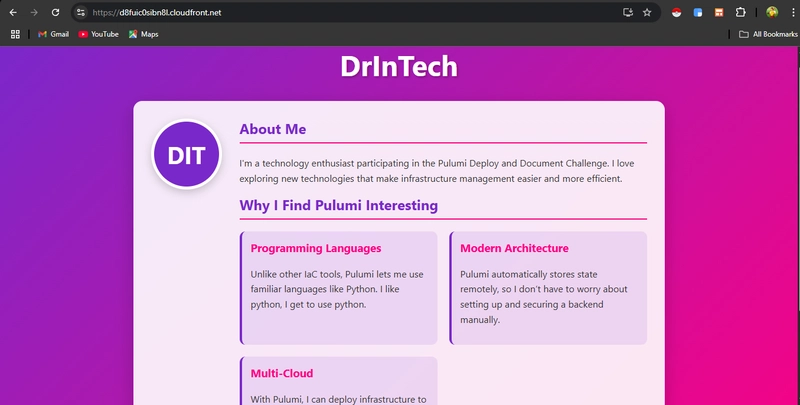

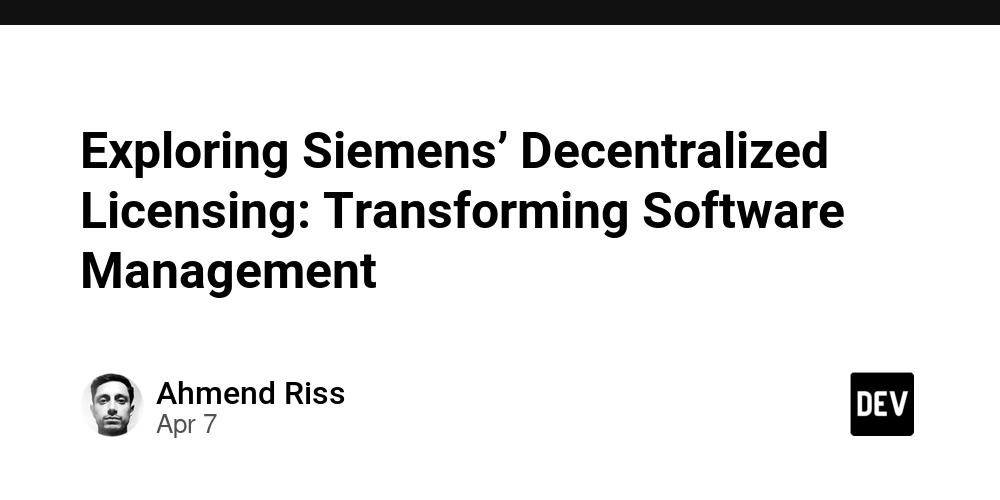
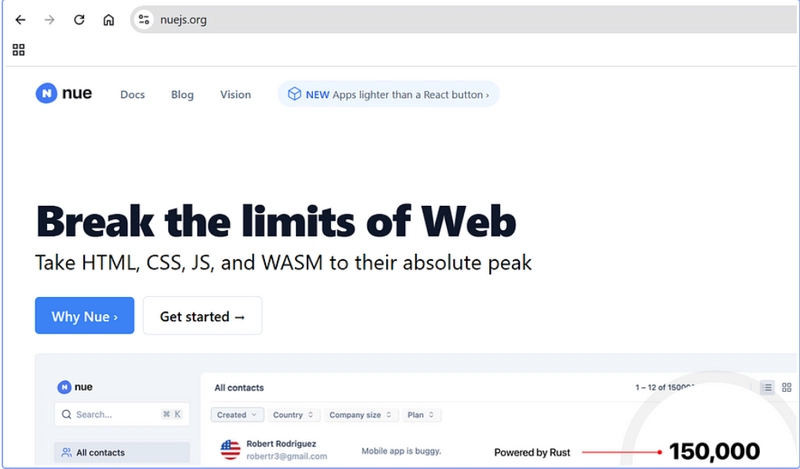









![[DEALS] The Premium Learn to Code Certification Bundle (97% off) & Other Deals Up To 98% Off – Offers End Soon!](https://www.javacodegeeks.com/wp-content/uploads/2012/12/jcg-logo.jpg)


![From drop-out to software architect with Jason Lengstorf [Podcast #167]](https://cdn.hashnode.com/res/hashnode/image/upload/v1743796461357/f3d19cd7-e6f5-4d7c-8bfc-eb974bc8da68.png?#)








































































































.png?#)





















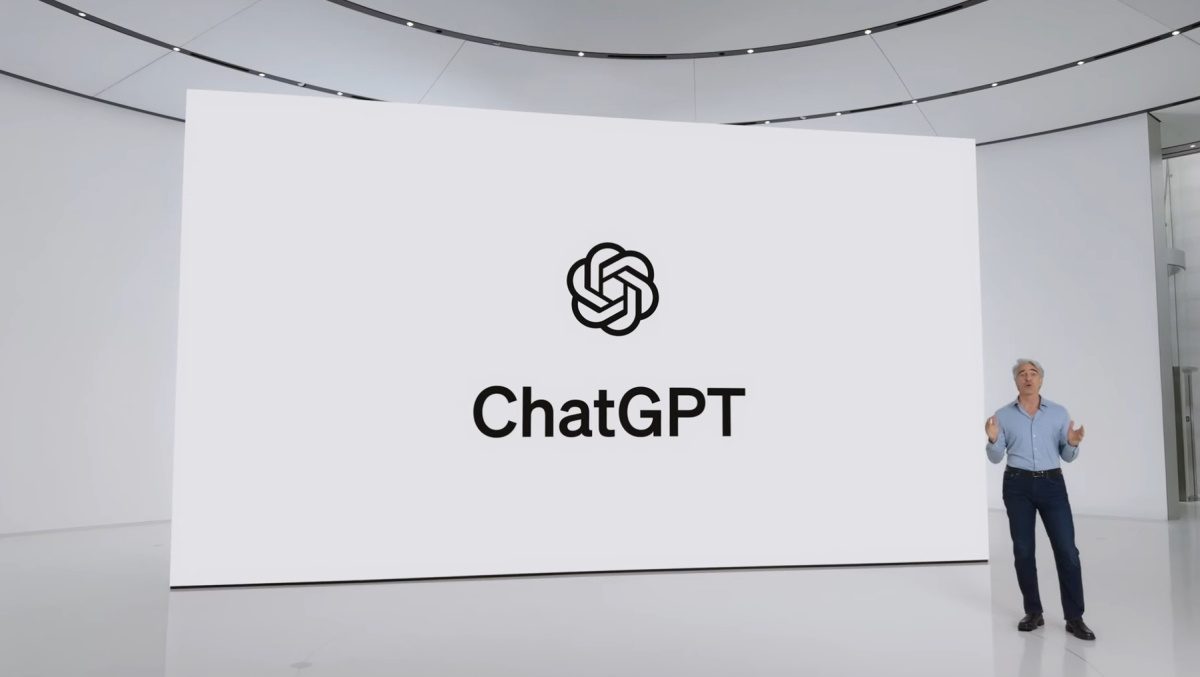












_Christophe_Coat_Alamy.jpg?#)
.webp?#)
 (1).webp?#)






































































































![Apple Considers Delaying Smart Home Hub Until 2026 [Gurman]](https://www.iclarified.com/images/news/96946/96946/96946-640.jpg)
![iPhone 17 Pro Won't Feature Two-Toned Back [Gurman]](https://www.iclarified.com/images/news/96944/96944/96944-640.jpg)
![Tariffs Threaten Apple's $999 iPhone Price Point in the U.S. [Gurman]](https://www.iclarified.com/images/news/96943/96943/96943-640.jpg)






























































































































